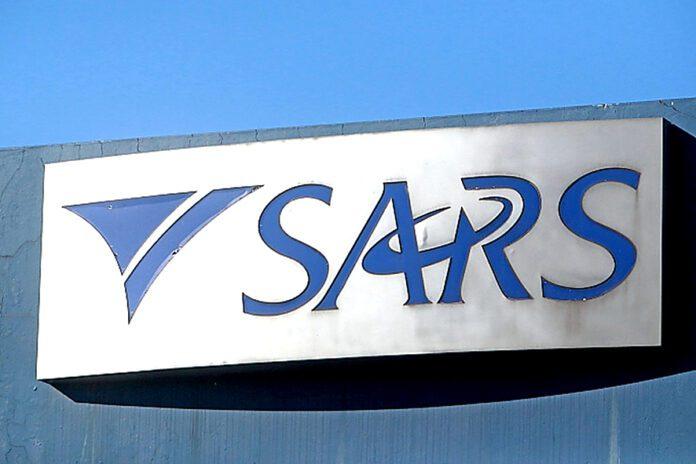Consumers have been dealt a serious blow, according to the SA Express Parcel Association (SAEPA), by the recent announcement from the SA Revenue Service (SARS) to discontinue the small parcel exception for imported clothing items.
The exemption, also known as a de minimis exemption, provides a lifeline for cash-strapped consumers by allowing them to buy apparel and other things at factory prices via e-commerce platforms such as Shein and Temu.
From July, the de minimis value level below which imported items are exempt from tax and value-added tax (VAT), which was previously set at R500 with a 20% tariff, would be raised to 60%, comprising 45% import duties and 15% VAT.
Low-cost clothing
“This is a severe blow to thousands of customers who rely on low-cost clothing for their children and families,” said Garry Marshall, the CEO of SAEPA.
“The perceived customs exploitation is a direct aspersion on customs/SARS as logistics service providers are SARS-accredited Authorised Economic Operators [AEO], making them fully compliant with all import requirements.
“There is nothing, therefore, to substantiate claims that Shein and Temu are exploiting a SARS loophole since all goods are cleared through authorised customs channels.”
The cancellation of the exemption comes after local retailers and the textile industry accused Chinese e-commerce companies of exploiting a tax loophole that gave them a competitive advantage.
Meanwhile, Dudley Filippa, the chairperson of the SA International E-commerce Association, said beyond the negative impact on consumers, the association is saddened at the effect this move would have on thousands of young South Africans employed as packers, drivers, sorters, and clearing staff by the industry.
Livelihoods jeopardised
“Hundreds of independent couriers, who have invested in delivery vehicles, would have their livelihoods severely jeopardised,” said Filippa.
“A large number of SMEs [small and medium enterprises] are totally dependent on goods procured in the low-value de minimis space.
“As members of the AEO programme, we will avail ourselves of the envisaged stakeholder engagements to better understand the new process.”
Filippa continued: “Ultimately, we wish to empower South African SMEs with technical skills on how to grow their businesses through the use of e-commerce by trading with countries such as China, where there is a great demand for their products.
“We trust these talks will further allow us to demonstrate the impact of this decision on SMEs, job creation, and the thousands of impoverished consumers.”



